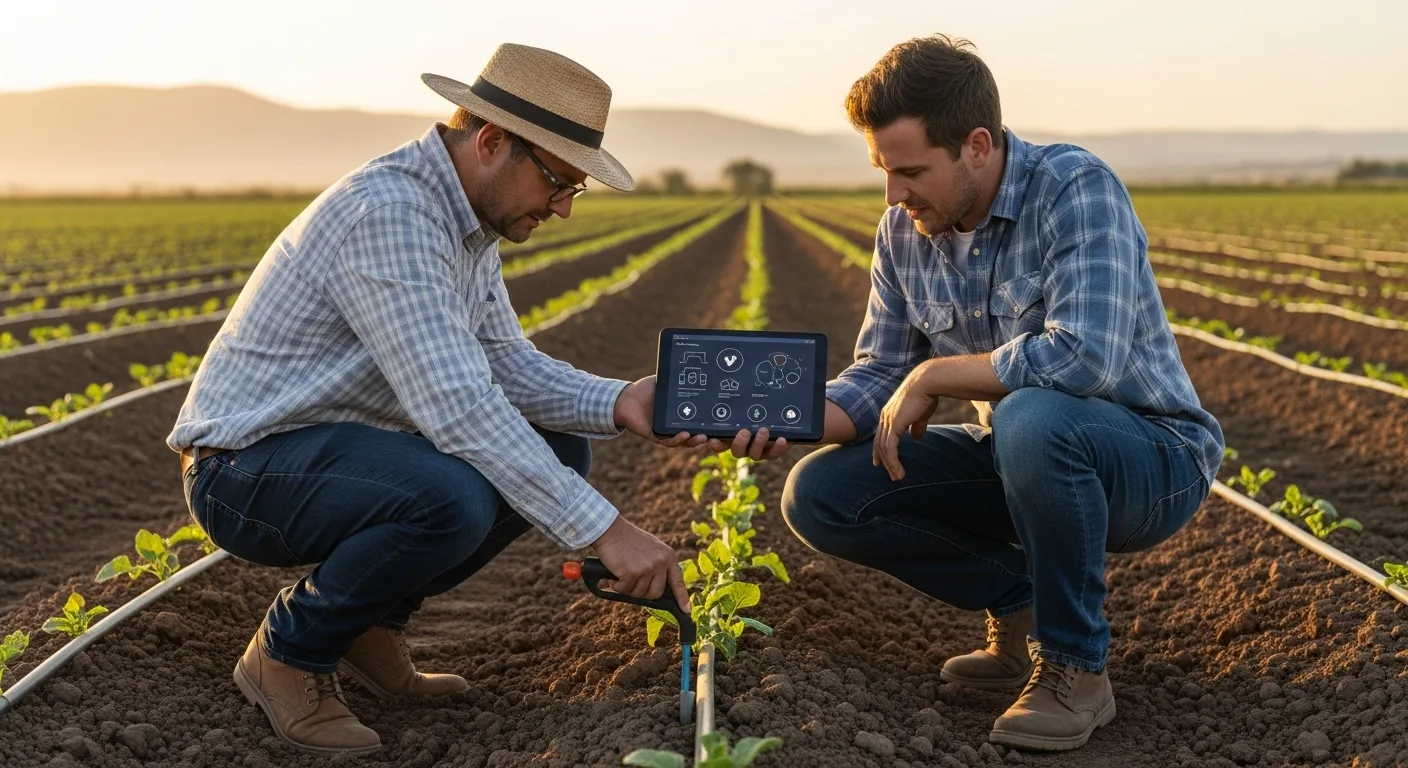Cultivating the land is not merely physical labor; it is a process nourished by knowledge. Knowing which crops grow in which season, which soil suits what, how much water is needed, or which biological methods to use against pests—the answers to these questions were once passed down through word of mouth. However, sustainable agriculture today requires more than just experience; it demands knowledge. This is why agricultural literacy is becoming indispensable—not only for farmers but for everyone, from consumers to policymakers.
What is Agricultural Literacy?
Agricultural literacy is the ability to understand agricultural systems, including production processes, food safety, natural resource use, environmental impacts, and the societal dimensions of agriculture. It goes beyond a farmer “knowing the soil.” It also means a student understanding what they eat, a consumer reading labels, or a policymaker relying on science to develop land policies.
Without Knowledge, Production is at Risk
Uninformed farming may yield short-term results, but in the long run, it exhausts the soil, the farmer, and the consumer. A lack of agricultural literacy creates the following risks:
- Improper fertilization and pesticide use pollute the soil.
- Water waste increases, and yields decline.
- Indiscriminate chemical use in pest control threatens human health.
- Consumers make uninformed decisions about what they eat and where it comes from.
- Food and climate crises deepen.
A knowledgeable producer doesn’t just grow crops; they protect nature, remain environmentally conscious, and foster a mindful economy.
Who Needs Agricultural Literacy?
Farmers: Knowledge of modern farming techniques, climate-adaptive production, water management, data-driven decision-making, and sustainable soil practices is now essential. Educated farmers increase yields while minimizing harm to nature.
Youth and Students: To move beyond seeing agriculture as solely rural work, schools must offer agricultural literacy education. Where does food come from? What is seasonal eating? How do you create a zero-waste kitchen? These foundational lessons foster lifelong awareness.
Consumers: Informed consumers—who understand label reading, the difference between organic and conventional products, local product preferences, and water footprints—shop more consciously, demand agricultural transformation, and support it.
Policymakers and Institutions: Decision-makers need to stay updated on agricultural advancements to shape effective support programs, incentives, land policies, and food safety strategies. Knowledge-based decisions are a prerequisite for sustainability.
What Changes with Knowledge-Driven Production?
- Yields increase, and costs decrease.
- Natural resources are used more efficiently.
- Producers become more resilient to market conditions.
- Rural life becomes sustainable and appealing.
- Trust grows between producers and consumers.
- Agriculture becomes more resilient to the climate crisis.
Agricultural literacy is about more than working the land—it’s about understanding and respecting it.
A Future Rooted in Knowledge
The bounty of the soil endures not just with seeds but with knowledge. Agriculture is no longer merely a physical activity; it requires a mental awakening. Promoting agricultural literacy is a precaution against food crises, a responsibility toward nature, and a moral duty to future generations. The future of production takes root not only in the fields but also in our consciousness.


